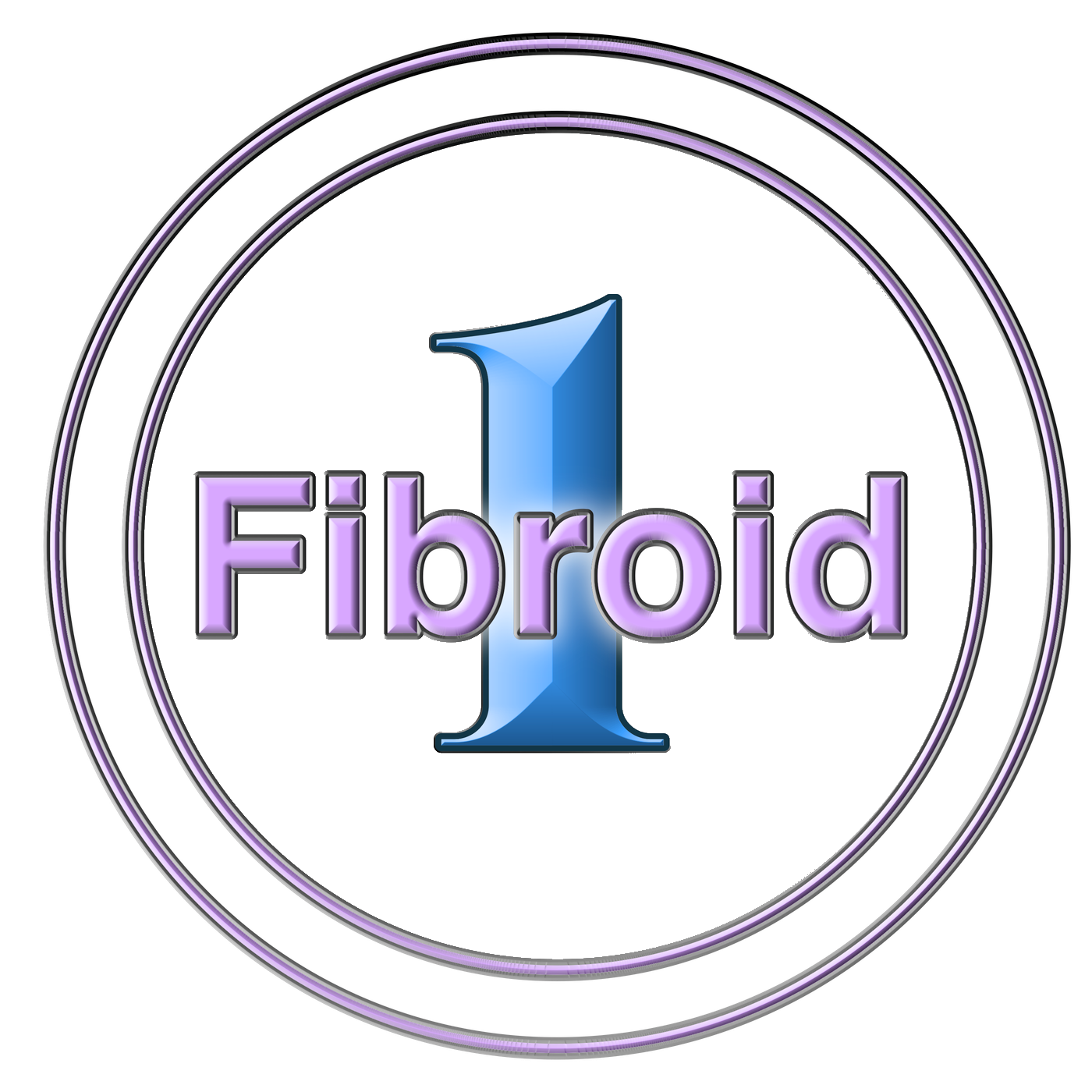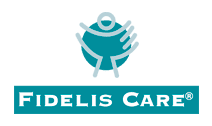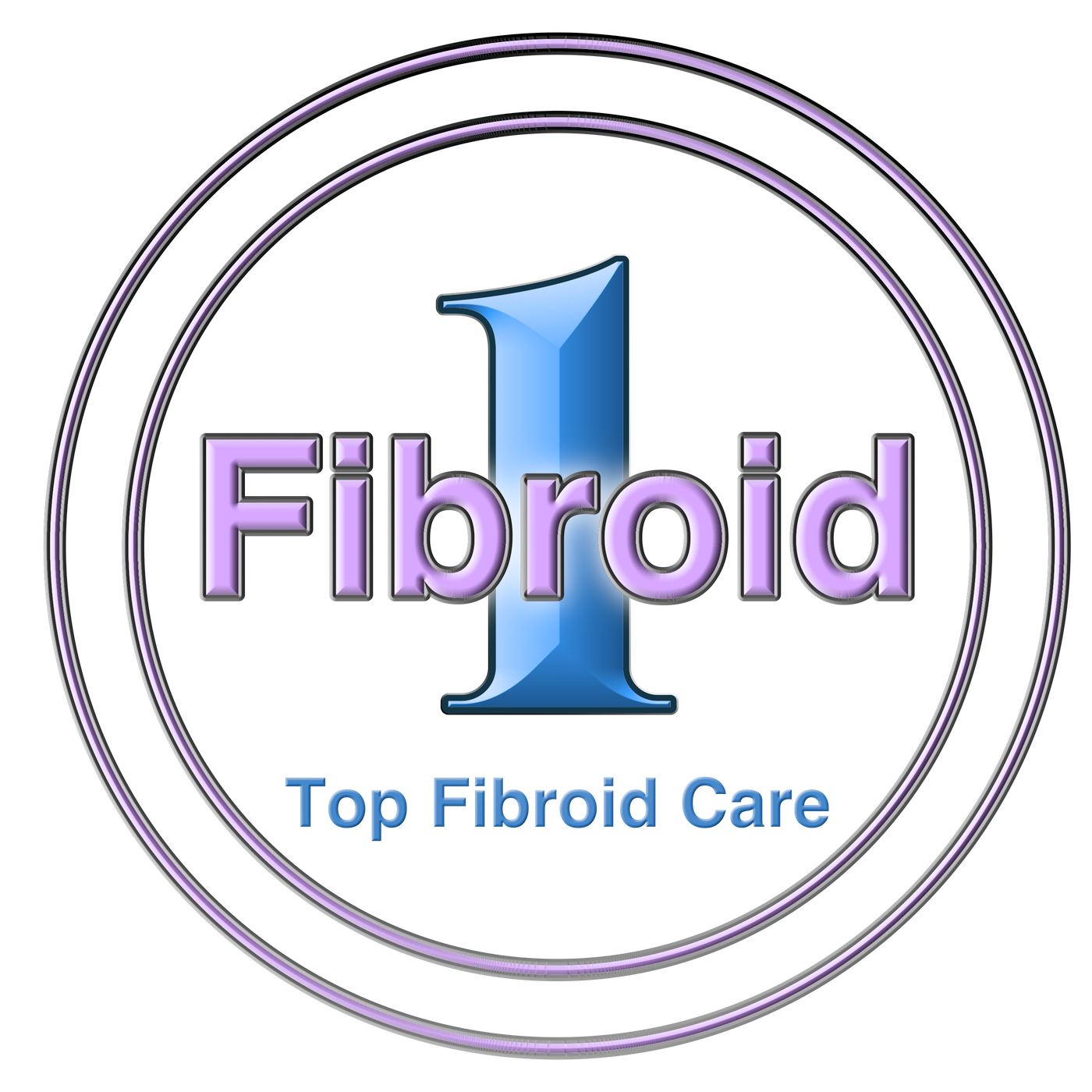Uterine fibroids, also known as leiomyomas, are non-cancerous growths that develop within the muscular wall of the uterus. These fibroids are quite common, particularly among women of reproductive age. While some women experience no symptoms, others may struggle with heavy menstrual bleeding, painful periods, and anemia. While pharmaceutical treatments do not shrink fibroids or address symptoms related to fibroid bulk, they can provide significant relief from the symptoms mentioned above. This blog from 1Fibroid in NY explores the pharmaceutical options available for managing uterine fibroid symptoms, why they are chosen, and what patients can expect from these treatments.
Pharmaceutical Treatment Options
1. Nonsteroidal Anti-Inflammatory Drugs (NSAIDs)
NSAIDs, such as ibuprofen and naproxen, are commonly used to manage pain and inflammation associated with uterine fibroids. These medications are readily available over-the-counter and are a go-to option for many women experiencing painful periods (dysmenorrhea) due to fibroids.
How NSAIDs Help:
- Pain Relief: NSAIDs reduce the production of prostaglandins, which are chemicals in the body that promote inflammation, pain, and fever. By inhibiting prostaglandin synthesis, NSAIDs help alleviate menstrual cramps and pelvic pain.
- Reduction of Inflammation: NSAIDs can help decrease the overall inflammation in the pelvic region, providing additional comfort during menstruation.
What to Expect:
- NSAIDs provide temporary relief from pain and inflammation. They do not shrink fibroids or address the underlying cause of heavy menstrual bleeding.
- For consistent relief, NSAIDs need to be taken regularly during menstruation as prescribed by a healthcare provider.
2. Tranexamic Acid (TXA)
Tranexamic Acid is a medication used to reduce heavy menstrual bleeding. It is particularly effective for women with fibroids who experience menorrhagia (excessive menstrual bleeding).
How Tranexamic Acid Helps:
- Reduces Bleeding: TXA works by promoting blood clotting. It inhibits the breakdown of fibrin, a protein that is essential for blood clot formation, thereby reducing menstrual blood loss.
What to Expect:
- Many women report a significant reduction in menstrual blood flow, which can greatly improve their quality of life and reduce the risk of anemia.
- TXA is typically taken during the menstrual period, usually for a few days. It does not need to be taken continuously.
- While TXA effectively reduces bleeding, it does not shrink fibroids or relieve symptoms caused by the size or bulk of the fibroids.
3. Iron Supplements
Heavy menstrual bleeding due to fibroids can lead to iron-deficiency anemia. Iron supplements are often prescribed to replenish the body’s iron stores and treat anemia.
How Iron Supplements Help:
- Boosts Hemoglobin Levels: Iron is a key component of hemoglobin, the protein in red blood cells that carries oxygen. By increasing iron intake, these supplements help improve hemoglobin levels and reduce symptoms of anemia.
What to Expect:
- Women taking iron supplements often notice an improvement in energy levels, reduced fatigue, and better overall well-being.
- It’s important to have regular blood tests to monitor iron levels and ensure that the supplements are working effectively. Overuse of iron supplements can lead to iron overload, so they should be taken under the guidance of a healthcare provider.
- Iron supplements address the anemia caused by heavy bleeding but do not impact the fibroids themselves.
Why Women Choose Pharmaceutical Treatments
1. Non-Invasive Option: Many women prefer pharmaceutical treatments because they are non-invasive compared to surgical options. Medications can be taken orally and do not require hospitalization or recovery time.
2. Symptom Management: While these treatments do not shrink fibroids, they effectively manage symptoms such as pain, heavy bleeding, and anemia. This can significantly improve a woman’s quality of life and daily functioning.
3. Short-Term Relief: For women who are near menopause, where fibroids often shrink naturally due to decreased hormone levels, pharmaceutical treatments can provide short-term relief until menopause occurs.
4. Delay of Surgical Intervention: Pharmaceutical treatments can be used as a temporary measure to delay surgery, especially for women who are not ready for surgical intervention due to personal, medical, or financial reasons.
5. Complementary Approach: These treatments can be used in conjunction with other medical therapies or lifestyle changes to provide a comprehensive approach to managing fibroid symptoms.
What to Expect from Pharmaceutical Treatments
1. Regular Use: Medications like NSAIDs and TXA are often taken during menstruation or when symptoms flare up. Iron supplements may need to be taken daily until iron levels normalize.
2. Symptom Relief: Expect a reduction in pain, menstrual bleeding, and anemia-related symptoms. However, the fibroids themselves will remain unchanged in size.
3. Monitoring: Regular follow-ups with a healthcare provider are essential to monitor the effectiveness of the treatment and make any necessary adjustments.
4. Side Effects: As with any medication, there may be side effects. NSAIDs can cause gastrointestinal issues, TXA can increase the risk of blood clots, and iron supplements can cause constipation or stomach upset. It’s important to discuss potential side effects with your healthcare provider.
5. Limitations: While pharmaceutical treatments can provide significant relief, they do not address the root cause of fibroids. For women with severe symptoms or large fibroids, additional treatments, including surgical options, may eventually be necessary.
Pharmaceutical treatments for uterine fibroids offer a valuable option for managing symptoms such as pain, heavy menstrual bleeding, and anemia. While these medications do not shrink fibroids or reduce bulk-related symptoms, they can significantly improve quality of life for many women. By understanding the benefits and limitations of these treatments, women can make informed decisions about their care in consultation with their healthcare provider. Regular monitoring and follow-ups are crucial to ensure the best outcomes and address any changes in symptoms or treatment needs.
1Fibroid Is Here To Support You
If you are living with uterine fibroids and curious about your nonsurgical alternatives to fibroid treatment, consider 1Fibroid. 1Fibroid is based in New York, with locations in both Manhattan and Queens. We are committed to women’s care and offer non-invasive options such as medication, hormone therapy, and UFE procedures. If you’re ready to live life without the symptoms of fibroids, call us today at 212-991-9991.












